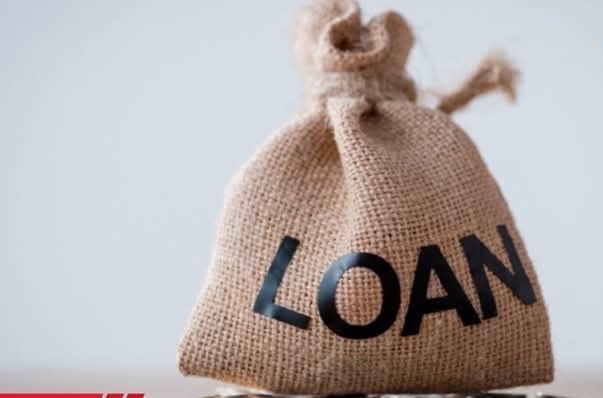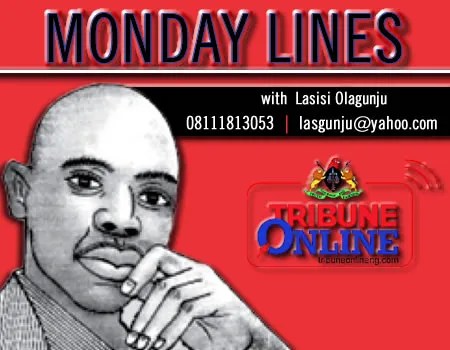By etymological attribution, Reverend Henry Townsend is often ascribed ‘the founder of journalism in Nigeria’ largely due to the efforts of missioners (the Calabar Presbyterian Mission Printing Press of 1846) at spreading evangelism on in Nigeria through handbills and tabloids ‘Iwe Irohin Fun Awon Ara Egba’ by Townsend in November, 1859, transiting to the likes of Herbert Hesse Macauley, Dr. Benjamin Nnamdi Azikiwe (the West African Pilot in 1937), Chief Jeremiah Obafemi Awolowo, (The Nigerian Tribune, 1949, Chief Samuel Ladoke Akintola and many other prominent names that immediately comes to mind when the history of early days of journalism in Nigeria is discussed.
There is no doubt that, as with most professions, gender issues were inundated in the early days of journalism. Particularly the path of entry for women into journalism profession was laden with struggles and obstacles, most prominent of which is the infamous BBC’s 1932 marriage bar policy that forced women to resign their job upon marriage while their male counterpart could keep theirs.
If the forebears of women journalists in Nigeria had to write under pseudonyms and mainly preoccupied themselves with trivial issues of women and gossip stories, its modern contemporaries are breaking all barriers to compete, and in some cases outdo their male counterparts in different genre of journalism today.
Coincidentally, with the advent of NAWOJ some three decades ago, a lot has changed for women journalists; rising from features to column writers, local to foreign reporters, from print to broadcast journalism, women are now everywhere as members of editorial boards, publishers and CEOs of media organizations.
However, taking clues from the extensive postulations of Maxwell McCombs and Donald Shaw; to whether Nigeria women journalists have been able to influence the issues or aspects of issues, and persons or events that constitute the salience of media or public agenda is what requires a further in-depth analysis. Nevertheless, with the underlining permutations that played out towards the emergence of new crop of NAWOJ leadership at the Minna triennial delegates conference recently, there seem to be a herculean burden of advancing the course of the female journalists to meet the increasing contemporary societal demands and expectations.
The Ladi Bala led leadership must distinguish itself by engaging the media stakeholders in deepening the influence of women journalists on the attributes of ‘issues and people’ that make the news; the networks between the different elements in the media and public agendas; reshape those age-long determinants of the news media agenda towards changing the psychological mechanisms that regulate agenda-setting effects; and citizens’/policymakers’ attitudes and behaviors so as to carve new image for the female journalists.
There is an urgent need to harmonize the differing voices in the Association towards building formidable front for alliances and meaningful partnerships that will support the development and implementation of strategic national plan for the group. This must include some lofty ideas from the past leaders of the Association-from the teething period of Brenda Akpan, through the evolving days of Evelyn Oyinlo to the formation days of Asabe Baba Nahaya and indeed to the restoration period of immediate past leadership headed by Ifeyinwa Omowole, whose rebranding efforts gave the group its new corporate looks.
The group must quickly take opportunity of the increasing need for hazard insurance for its members, since insurance is becoming accepted as a social responsibility rather than a commercial concern and requires that it is offered and sold in that sense, hence this new NAWOJ leadership needs to take advantage of the value and benefits of insurance for its members. After all, the axiom that ‘only change led by women results in transformation’ needs only to be proven otherwise. If these women will focus on promoting insurance for the benefit of women in journalism, and even others in different economic areas across Nigeria, we can hope to see a leap in the contribution of insurance to Nigeria’s Gross Domestic Product (GDP).
The Nigeria Association of Women Journalists (NAWOJ) under Ladi Bala, must now assert itself as a key pillar towards increasing women access and leadership gap-closing in the media. The television screen czar must steer the focus of NAWOJ on encouraging more quality women to become journalists and to support the development through trainings and retraining of the practioners to become respected members of their chosen genre of journalism.
The group should embrace vigorous advocacy through awareness creation, prioritizing female gender issues, and deliberately work towards dominating the salience issues that are prominent in news media which in turn often shape public opinion. Issues of child rights, education of the girl child, empathy for the IDPs and women empowerment should be on the agenda.
If NAWOJ under Ladi Bala must make a difference, it must be seen to lead a dogged reorientation activism in ensuring that Nigeria’s media has a more vibrant and active female contingent, one that will be prepared to dare, aspire and endure in a hitherto male dominated territory.
Yunusa Abugi writes from Minna and can be reached on [email protected], 08035906755.




